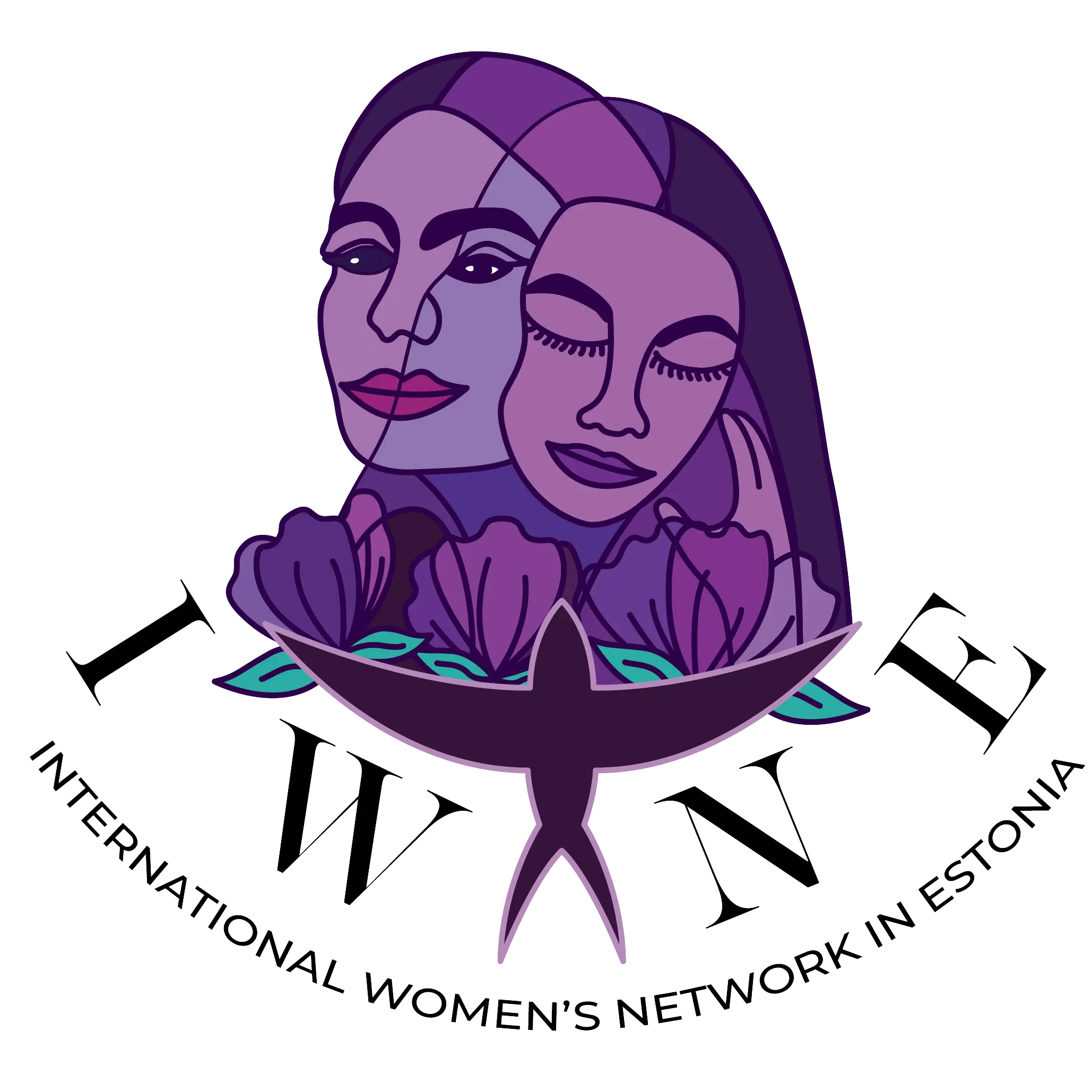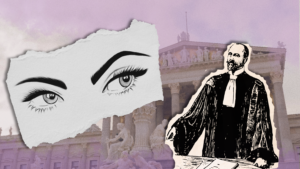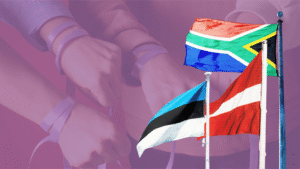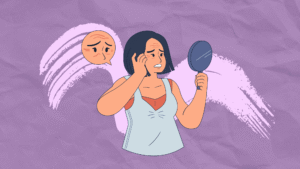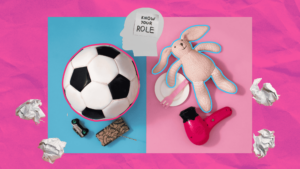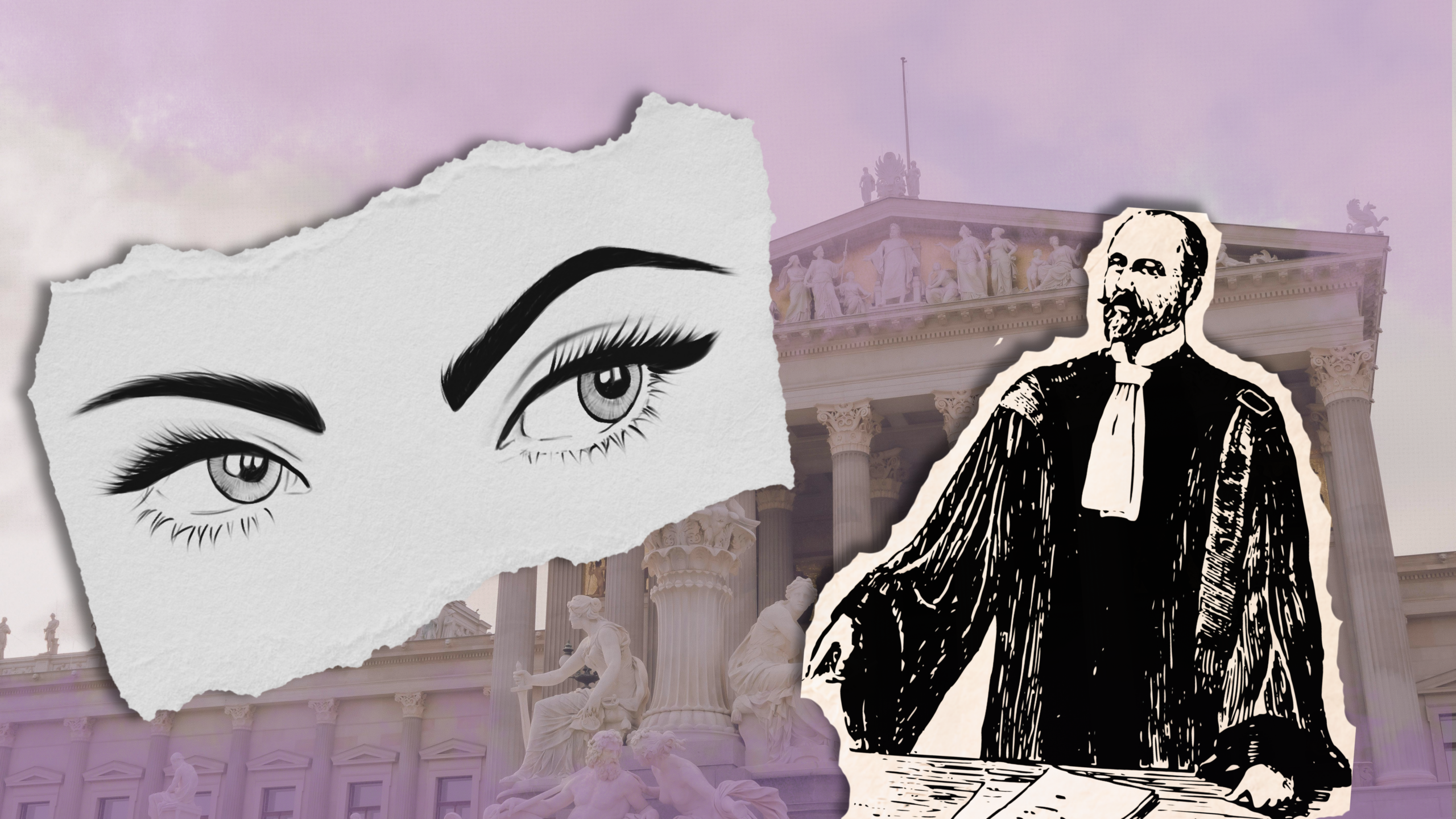“Words cut deeper than knives. A knife can be pulled out; words are embedded into our souls.”
― William Chapman
It can be difficult for some people to find the right words for conversations, while others are less concerned with being polite. For example, we are all familiar with bad and dirty words — those that refer to body parts, bodily functions, and sexual acts. In certain circumstances, you should not use them if you don’t want to be frowned upon. However, if a person does not like strong language it is simply because it triggers her sensibilities. The “bad words” do not denigrate a person’s identity. They do not “hit to the core”. Some might argue that such words, while impolite, are even relatively harmless. However the “bad words” function in the language in a much different way than slurs.
Bad Words vs. Hate Speech
There is one main contrast between such words and hate speech. Bad or dirty words are not meant to target an individual or hurt them. Hate speech, on the other hand, comprises words that are directed at a group (usually minorities) or members belonging to this group. These groups are based on something central to a person’s identity — such as race, ethnicity, gender, religion, etc. To understand how simple words can cause a great harm, we need to discuss a linguistic phenomenon known as thick concepts.
A term expresses a thick concept when it conveys a specific description alongside an evaluative judgement. For example, “the act of killing” can be neutral and descriptive, whereas “the act of murder” also has an evaluative aspect. The word “murder” expresses our evaluation of the killing as unjustified, unlawful, or severe. It carries a strong negative connotation, which reflects a moral judgment on the act. Philosophers Bianca Cepollaro and Isidora Stojanovic (2016, 16) observe that slurs function similarly. The descriptive content of slurs like the n-word merely identifies group membership. Their evaluative content expresses broadly negative judgement (does not precisely explain the reason why a certain group or a member of this group is bad but only expresses that it is the case). This negative evaluation serves to denigrate individuals based on their group identity. In other words, when someone is using a slur like the n-word it does not “simply point” (as some might argue) at black people. What it does, is that it expresses the attitude that “black people are bad because of being black”, which is completely false and is a terrible thing to say. This is how slurs are used not to describe but to demean.
Imagine someone making fun of your favourite book or saying your cooking is terrible. Sure, it might hurt you, but these are just opinions about things that don’t define you. You can say “I disagree with your opinion”, and life goes on. But now, imagine someone attacks you for something that’s a core part of who you are, like your ethnicity or religion. These aren’t things you can just change or brush off — they’re fundamental to your identity. Being criticised for these aspects isn’t just hurtful; it’s deeply unjust and goes straight to the heart of who you are as a person. Unlike a comment on your taste in books, slurs are meant to wound on a much deeper level, targeting the very essence of your being.
The Case Against Protecting Hate Speech
Legal scholar Charles Lawrence makes a good point: while free speech is essential for a thriving democracy, hate speech doesn’t deserve the same level of protection. He suggests that hate speech falls into the category of “fighting words,” which are specifically intended to provoke violence. Such words are “like receiving a slap in the face” (1989, 452). The purpose of free speech is to encourage meaningful and open dialogue. If we allow the kind of speech that provokes hostility and fear no meaningful dialogue can take place. He writes: “Racial insults are particularly undeserving of First Amendment protection because the perpetrator’s intention is not to discover the truth or initiate dialogue but to injure the victim” (Ibid.). By highlighting the destructive nature of hate speech, Lawrence makes a strong case for why hate speech should not be considered a legitimate exercise of free speech: it silences dialogue and imposes harm rather than fostering understanding.
The Role of Individuals in Combating Hate Speech
Regardless of laws, the main figures in this issue are individuals. Many people do not understand what they are actually doing by uttering any kind of slur. Often, when people use slurs, they “don’t mean it” and might not even support the sentiment behind the slur but just use it as an informal way of expression. However, using slurs, even casually, perpetuates harmful attitudes and reinforces societal biases.
The term “cunt” is more than just a crude insult; it’s deeply entrenched in misogyny and aimed at demeaning women in a profoundly dehumanizing way. Its evaluative content extends beyond the individual to reflect broader societal attitudes toward women. This term is used to attack and belittle women, reducing their worth and dignity while reinforcing systemic gender biases. Even if you don’t personally hold such extreme views, using this term contributes to a culture that devalues and disrespects women. Therefore, being mindful of your language is essential to avoid perpetuating these harmful and misogynistic attitudes.
Some people believe that minorities are not that sensitive or that nobody actually cares about slurs that much. For example, some might argue that having a black friend serves as a kind of guarantee that they are not racist. There are, of course, black people who might not mind being called the n-word for personal reasons, but this does not mean that others are not hurt by such language. In most cases, a slur is directed at a member of a minority group, and, feeling the pressure of the majority, the person who is hurt may not have the privilege to speak up openly. They might prefer to stay silent to avoid trouble.
The “they don’t care” and “I have a black friend” arguments are invalid and often used by those in privileged positions to avoid facing the discomfort of acknowledging the harm their words cause. This reluctance to change, however, reveals a deeper issue of inequality: a lack of genuine concern for creating a respectful and inclusive environment. When individuals cling to such harmful habits, it shows that they are not willing to make even small sacrifices for the sake of others’ dignity and to foster a more equitable and respectful society for everyone.
The Power of Language to Change the World
Language is a powerful tool, and although we may consider ourselves proficient in its use, the reality is that we often handle it like a monkey with dynamite. We wield language with little regard for its potential to cause destruction. But just as language can harm, it also has the power to change the world for the better. It is up to us to use our words wisely and to create a world where all people feel safe and valued.
Bibliography
Cepollaro, Bianca, and Isidora Stojanovic. “Hybrid Evaluatives: In Defense of a Presuppositional Account.” Grazer Philosophische Studien 93 (2016): 458–88. https://doi.org/10.1163/18756735-09303007.
Hare, R.M. The Language of Morals. Oxford: Clarendon Press, 1952.
Lawrence, Charles. “If He Hollers Let Him Go: Regulating Racist Speech on Campus.” Michigan Law Review 87, no. 4 (1989): 577-620.
Lawrence, Charles. “The Debate Over Placing Limits on Racist Speech Must Ignore the Damage It Does to Victims.” Chronicles of Higher Education, 1989.
Robertson, Teresa Ishii, and Philip Atkins. “Essential vs. Accidental Properties.” The Stanford Encyclopedia of Philosophy (Winter 2020 Edition), edited by Edward N. Zalta. https://plato.stanford.edu/archives/win2020/entries/essential-accidental/.
Väyrynen, Pekka. “Thick Ethical Concepts.” The Stanford Encyclopedia of Philosophy (Spring 2021 Edition), edited by Edward N. Zalta. https://plato.stanford.edu/archives/spr2021/entries/thick-ethical-concepts/.
